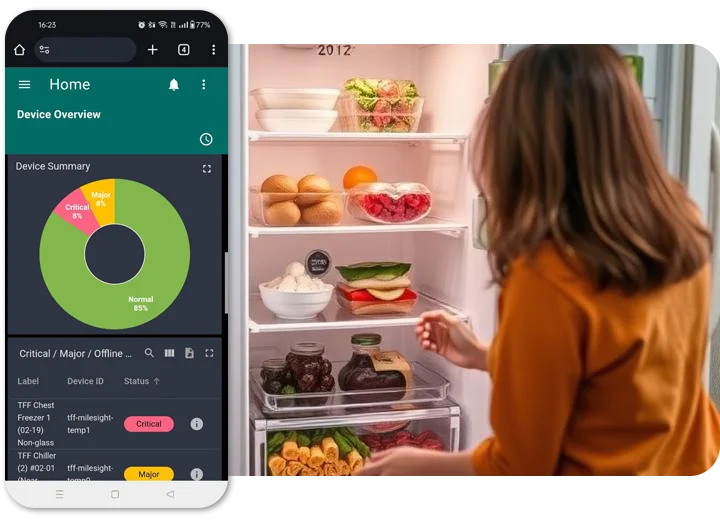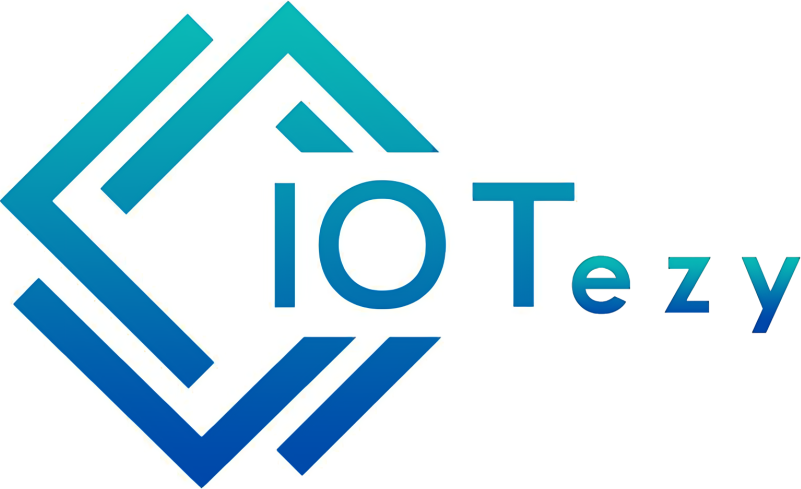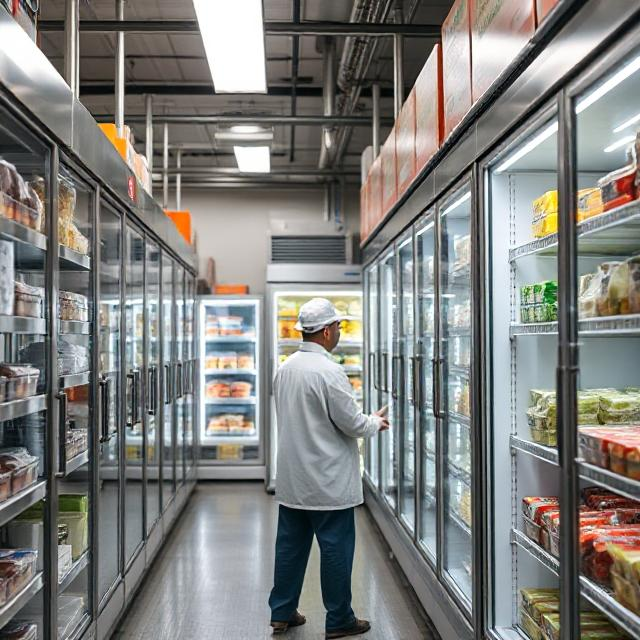The Cost of Not Having a Refrigeration Monitoring System
For businesses that depend on cold storage such as food service, pharmaceuticals, and logistics the stakes are high when it comes to maintaining proper temperatures. Yet, many still operate without a proper refrigeration monitoring system in place.
The absence of an automated monitoring solution can lead to significant financial losses, regulatory violations, and damage to brand reputation. In this article, we’ll break down the real costs of not using a refrigeration monitoring system and why proactive monitoring is no longer optional.

1. Product Loss and Waste
Without reliable refrigeration monitoring, temperature excursions often go undetected until it’s too late. A single refrigeration failure overnight, during a power outage, or over the weekend can result in thousands of dollars in spoiled goods.
Industries most at risk:
- Food & Beverage: Perishable inventory can become unsafe or non-compliant within hours.
- Pharmaceuticals: Temperature-sensitive medications and vaccines lose efficacy if exposed to improper conditions.
- Hospitality & Retail: Stored food in restaurants, supermarkets, or hotels can quickly become unsellable.
Bottom line: The cost of product loss from just one unmonitored incident can far outweigh the investment in a refrigeration monitoring system.
2. Regulatory Compliance Violations
Businesses handling temperature-sensitive goods are subject to strict industry regulations such as FDA, HACCP, or WHO guidelines. Manual temperature logs are not only time-consuming but also prone to human error and manipulation.
Failing to comply with these regulations can result in:
- Fines and penalties
- Product recalls
- Legal liability
- Loss of certifications or licenses
Automated refrigeration monitoring systems help maintain continuous logs, provide audit-ready reports, and ensure regulatory compliance with minimal manual effort.
3. Operational Inefficiency
Relying on staff to check and record temperatures daily adds unnecessary labor costs and increases the chance of oversight.
Without real-time alerts and remote access:
- Staff may miss critical failures.
- Management is left in the dark during off-hours.
- Response times to issues are delayed.
A smart refrigeration monitoring system automates these tasks, reduces human error, and frees your team to focus on higher-value work.
4. Reputational Damage
Imagine a customer getting sick due to improperly stored food or a hospital administering compromised medicine. The long-term cost of lost trust can be catastrophic.
Consumers expect safety, reliability, and transparency. Failing to maintain cold chain integrity can erode customer confidence and damage your brand especially in today’s digital age where negative reviews spread fast.
5. Missed Opportunities for Optimization
Modern refrigeration monitoring solutions don’t just protect against loss they offer insights that help optimize operations:
- Detecting inefficiencies in refrigeration units
- Monitoring energy usage and preventing overcooling
- Identifying patterns that could lead to maintenance issues
Without data, you can’t improve. Businesses without these systems miss out on valuable opportunities to cut costs and boost sustainability.ies.
Refrigeration Monitoring Can Help You Save Thousands
Request for Quote

